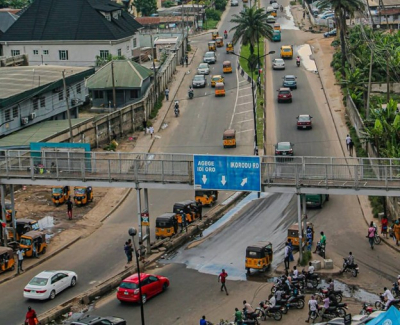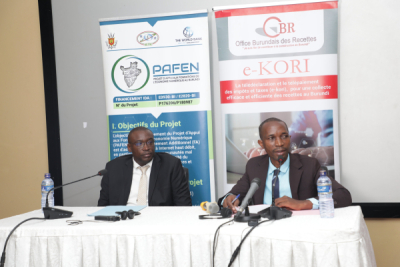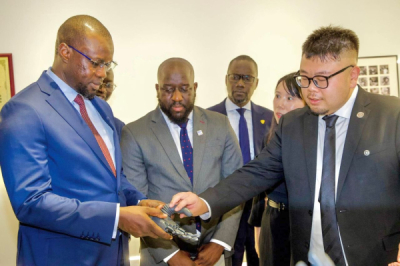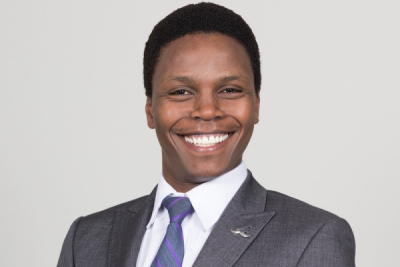One after another, major tech players like Oracle, Naver, Nokia, and Cisco are setting up operations in Morocco. In just a few years, the kingdom has positioned itself as a key digital hub in Africa, driven by a clear political vision, an appealing level of stability, and rapidly expanding infrastructure.
Last week, U.S. tech company Oracle announced the opening of a research and development (R&D) center in Casablanca, which will create 1,000 highly skilled jobs. This center will focus on cloud solutions, artificial intelligence (AI), and cybersecurity. The American giant is not alone in its investment. Just days earlier, South Korea’s Naver, a leading Asian digital technology firm, also revealed plans to build a next-generation AI data center.
These announcements reflect a broader trend: Morocco is establishing itself as a key platform for multinational corporations looking to expand their presence in Africa. Nokia launched an innovation center in Salé at the end of 2024. Cisco, Jumia, Atos, Huawei, and IBM have all strengthened their operations in the kingdom, drawn by a favorable and mature environment for digital activity.
A Clear Strategy for Attractiveness
Morocco is leveraging its strategic geographic location at the crossroads of Europe, Africa, and the Middle East. However, the quality of its digital infrastructure is primarily what attracts investors. The country hosts more than 20 data centers, one of the densest networks on the continent. It has committed to building two public cloud regions with Oracle, a first in North Africa. This momentum is part of an ambitious policy of digital sovereignty and data localization.
The kingdom’s connectivity is another major asset. According to the Digital 2025 Morocco report by DataReportal, the country had 35.3 million internet users at the beginning of 2025, representing 92.2% of the total population. Morocco is also connected to more than a dozen high speed submarine cables, including 2Africa, which is one of the world’s largest digital infrastructure projects.
A Favorable Investment Environment
Tax policy is one of the tools used to attract businesses. Morocco’s Finance Law includes tax exemptions or reductions for companies located in industrial or technology acceleration zones such as Casanearshore, Technopolis, or Tanger Med.
The country also relies on an increasingly skilled workforce. Around 10,000 IT engineers are trained annually, thanks to partnerships between universities and companies like Huawei and IBM, which offer certification and incubation programs.
Finally, the national strategy "Morocco Digital 2030" sets clear ambitions: to create 150,000 digital related jobs, digitize most public services, and position the country as a regional tech platform. The strengthening of the regulatory framework, including cybersecurity, e-government, and data protection, is helping build a climate of trust for investors.
This dynamic could make the kingdom a key player in Africa’s digital sovereignty and a driver of technological innovation across the continent. According to the latest ranking by financial website Insider Monkey, Morocco is the most technologically advanced country in Africa. With a total score of 208, it ranks first among 15 countries.
By Samira Njoya,
Editing by Sèna D. B. de Sodji



















